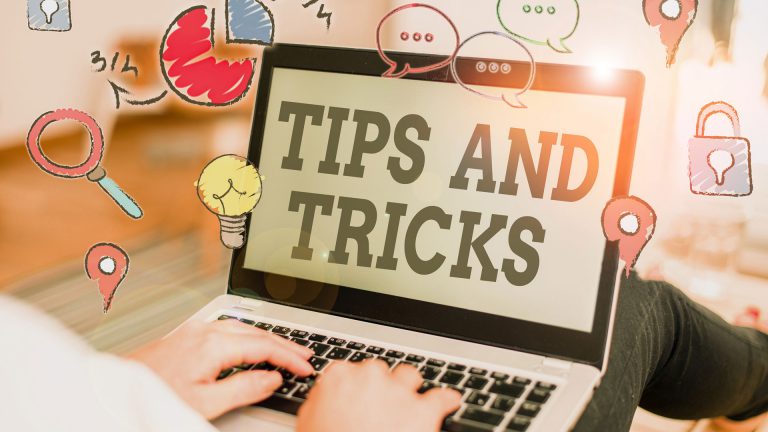Understanding the Role Anxiety Plays
Have you ever received a scam email or phone call? Oftentimes, the messaging is done in such a way as to seem intense, urgent, or even with the aim to make you defensive or upset. Scams take advantage of several aspects of humans, depending on the scam in question: a desire for money (Nigerian Prince scam, scammy apps that promise money in return for playing games or doing surveys), a fear/obedience to authority figures (threats of imprisonment from the CRA, police, etc. unless you do something), or worry about family (calls that seem to come from children who are asking for money for bail or to pay for a car accident, and so on). The goal is to get you reacting before you have had a chance to think things through so that you’re more likely to give away sensitive information.
Anxiety also impacts one’s ability to sort through digital media. This is most often seen in cases of natural disasters, widespread illness, or breaking news stories – things where information is flying faster than people can keep up and the news itself is disturbing or disruptive enough that people feel the strong need to keep up with every minute of it. A good example of this are things like wildfires, hurricanes, pandemics, and elections where people want up to the minute information but it’s not always possible to get it from reputable sources.
The combination of anxiety over an event and the lack of up to the minute information often drives many people to seek information from any source and this is where misinformation and disinformation can spring up to fill in the gaps. We saw many examples of this during the Covid-19 pandemic where information about the rate of infection, the symptoms, vaccines, lockdowns, and what people were doing about it was slower to come from the experts (since the details changed quickly and people were trying to get the right information out) and people were panicking and so were looking for information from sources they trusted or would confirm their own internal biases. They would then spread this information via social media which would then be spread by others who were also anxiously awaiting any news.
Much like the scam emails or phone calls, misinformation or disinformation thrives on negative feelings, usually anxiety about a situation. Most humans want certainty in their lives and want it even more when the world is uncertain and during natural disasters or widespread events. The more dramatic the event, the more people search for certainty and meaning within the event.
Dealing with the Anxiety
It’s perfectly natural to feel anxious when major events are happening around you. And it’s perfectly natural to look for information that will assuage that uncertainty. But it’s still important to keep your wits about you and your media literacy high as you sort through the news.
Keep in mind a few things:
- It does take time for more truthful information to get out. ‘A lie can get around the world in the time it takes for the truth to get its shoes on’ is an extremely relevant adage in the social media age. In the case of things like natural disasters, it takes time for the truth statistics of its impact to get out, as well as how powerful it actually was. People who claim to know exactly what the results will be are at best, making educated guesses. There’s nothing wrong with that, but it’s not the complete story.
- Where is this information coming from and what is its purpose? Is it simply informational or is it inflammatory in some way? What sources are being cited?
- Can you find information that supports it or denies it?
And try to refrain from sharing any social media posts until you have validated their truthfulness. Think of it as protecting the mental health of other people!
Anxiety plays a huge role in the spread of information on social media. It makes sense; when things are going wrong, we look for stability, answers and information. But we can end up doing more harm than good when it comes to spreading incorrect information that then makes it much harder for the correct information to break through. The best way to do your part in preventing this is to do a bit of research on the information before you spread it and try your best to keep a cool head while events are happening. Stay safe!


